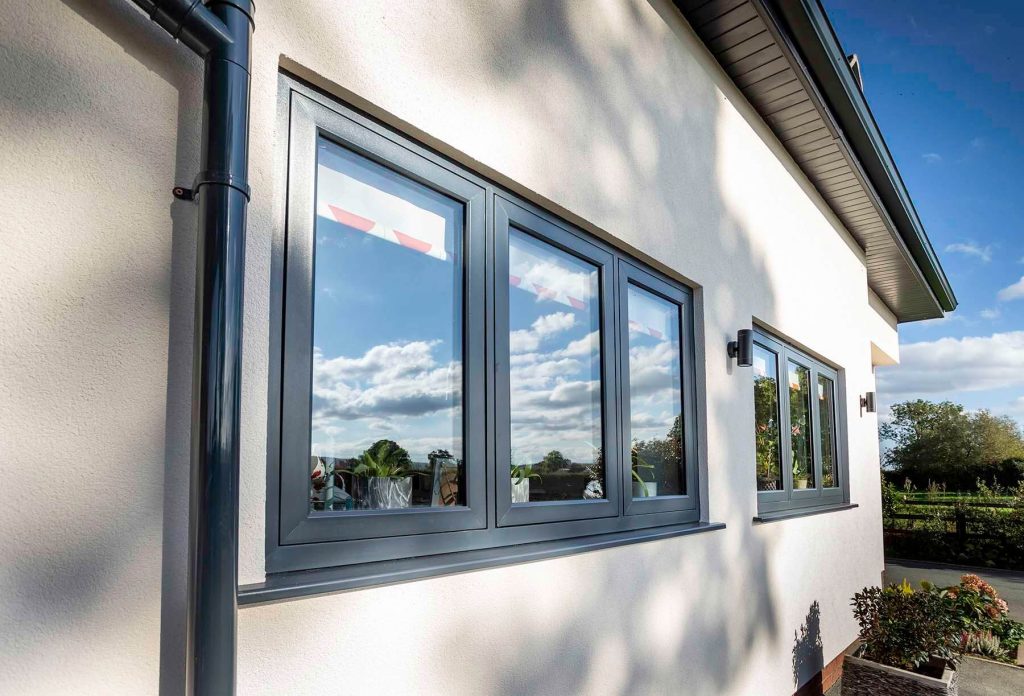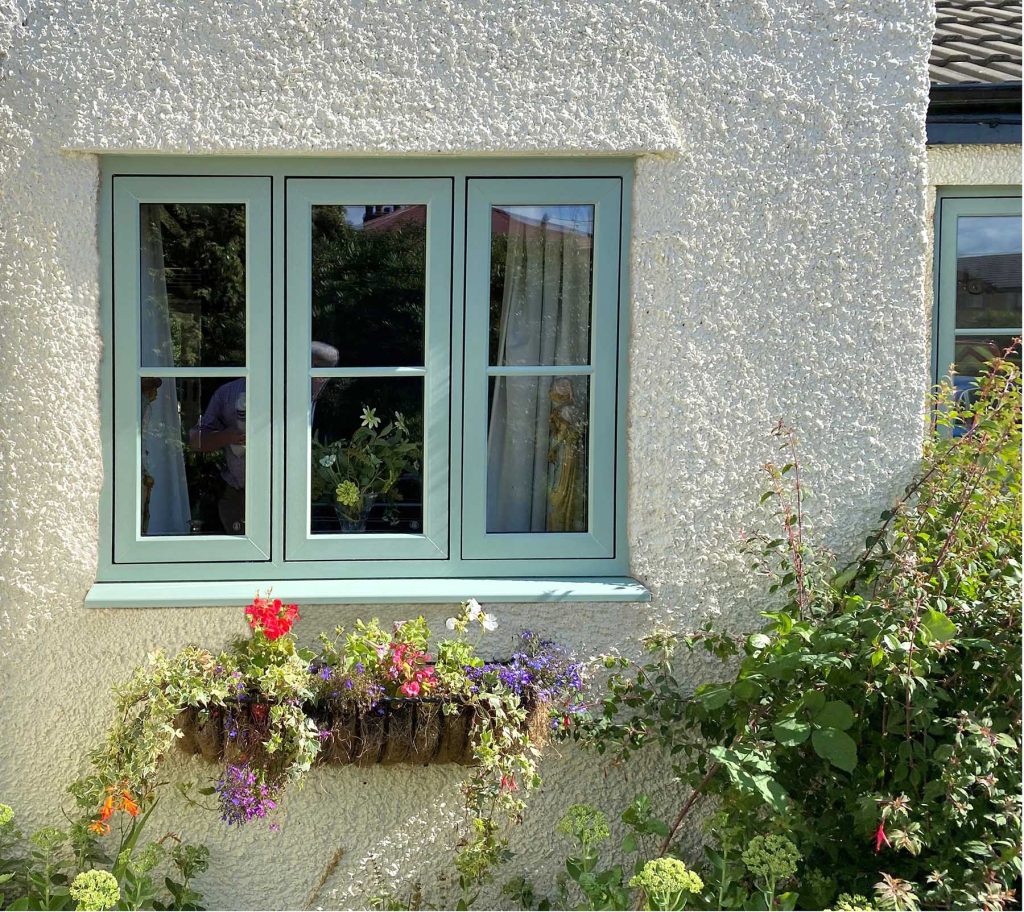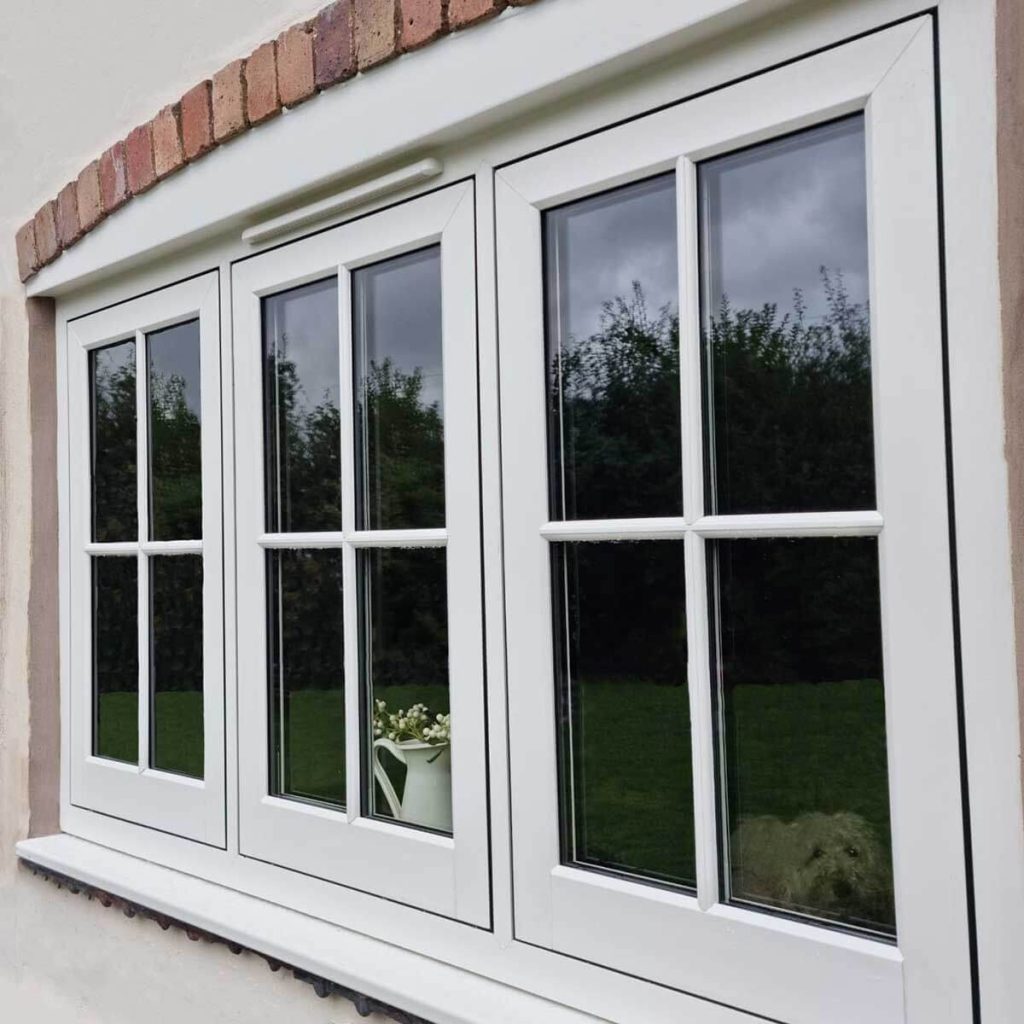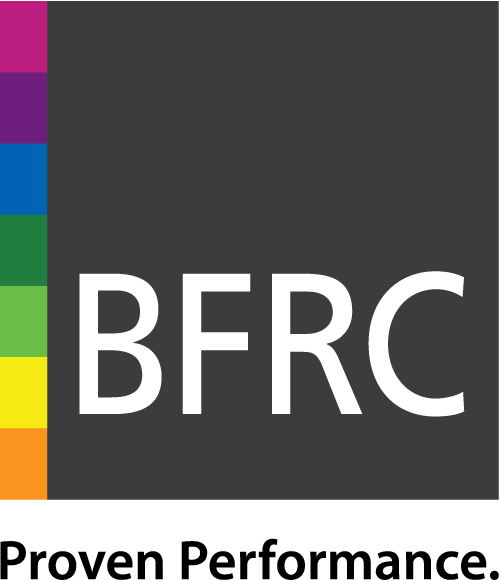Call: 0117 978 4444
The construction industry is increasingly focused on environmental responsibility, with trade professionals and homeowners seeking sustainable solutions for their projects. As a leading supplier of uPVC windows in Bristol, we’re often asked about the environmental impact of uPVC and its sustainability credentials.
We’ve written this piece to examine the facts behind this material and its role in sustainable construction.
Understanding uPVC as a Material
UPVC (unplasticised polyvinyl chloride) has become a cornerstone of modern construction, particularly in window and door frames. Unlike traditional materials, uPVC is a type of plastic that has been modified to make it suitable for construction. It has increased durability, weather resistance, and rigidity, making it ideal for home products, especially window and door frames.
The manufacturing process of uPVC has evolved over the past decades, and it is becoming increasingly environmentally conscious. Modern production methods use less energy and create minimal waste, with many uPVC manufacturers implementing closed-loop recycling systems and reusing production waste.
What sets uPVC apart is its composition. It requires less energy to manufacture than alternatives like aluminium while offering superior thermal performance. Its production creates fewer CO2 emissions than aluminium manufacturing and, unlike timber frames, doesn’t contribute to deforestation.

The Environmental Benefits of uPVC Windows
Energy Efficiency and Thermal Performance
One of the most important environmental advantages of uPVC windows is their thermal performance. Modern uPVC window frames, combined with double glazing, create an excellent barrier against heat loss. This improved insulation means reduced energy usage and a lower property carbon footprint.
The thermal efficiency of uPVC frames comes from their multi-chambered design. These chambers create multiple barriers against heat transfer. Combined with modern double glazing or triple glazing options, our uPVC windows achieve impressive thermal performance with U-values as low as 1.2 W/m²K and WER ratings up to A+.
Properties fitted with modern uPVC windows require less heating in winter. This reduced need leads to far lower energy consumption.
Longevity and Weather Resistance
Unlike timber frames that can rot and require regular maintenance, uPVC frames are built to last. With a typical lifespan of 20-35 years, uPVC windows represent an ideal choice for long-term sustainability. Their durability means fewer replacements are needed, reducing the overall environmental impact of home improvements.
The weather-resistant properties of uPVC are particularly impressive. The material is ideal for coastal areas where salt air can corrode other materials. It stands up to heavy rain, strong winds, sleet, and UV rays without warping, fading, or deteriorating, even in extreme temperatures and weather conditions.
While timber frames require frequent maintenance and might need replacement every 10-15 years, uPVC windows can last decades without degradation in performance, reducing the consumption of raw materials and energy associated with replacement.

Understanding Carbon Footprint
The carbon footprint of uPVC windows must be considered across their entire lifecycle. Modern uPVC production has significantly reduced its environmental impact through energy-efficient manufacturing processes and reduced waste during production.
When comparing materials, uPVC shows impressive environmental credentials throughout its lifecycle. The manufacturing process requires less energy than aluminium production, and unlike timber, there’s no need for ongoing treatments or maintenance.
The excellent thermal performance reduces building emissions throughout the product’s life, while its extended lifespan minimises the need for replacement.
Advanced Recycling Capabilities
The recyclability of uPVC is one of its strongest environmental benefits. It can be recycled multiple times without losing its strength or thermal performance, making it a sustainable choice for windows and doors.
Recycling technology has improved, making it easier to reuse old uPVC without losing quality. Modern processes can separate materials, remove old finishes, and mix different colours, allowing more recycled content in new products without affecting performance.
Environmental Impact Summary
The environmental credentials of uPVC continue to improve through ongoing manufacturing innovations and improved recycling capabilities. Advances in thermal performance and extended product lifespans further reduce the material’s environmental impact. As manufacturing processes become even more efficient and recycling technology advances, the sustainability profile of uPVC windows strengthens.
Our uPVC Windows
At Trade Windows Bristol, we manufacture our uPVC windows using the Spectus system, delivering exceptional quality and performance. Our windows feature multi-chambered profiles and double and triple glazing options for superior thermal efficiency, helping reduce energy usage and energy bills.
Available in a range of styles to suit any property type, from modern developments to heritage homes, our uPVC windows include:
Each style delivers excellent energy efficiency and environmental benefits while offering different functionality to meet specific project requirements.
Our uPVC Residence Collection windows provide the perfect solution for projects requiring authentic timber aesthetics, particularly in conservation areas. These timber-alternative windows combine traditional design with modern thermal performance.
We offer a comprehensive range of 30 colours and finishes, from classic whites to authentic woodgrains and contemporary greys. This extensive choice means we can meet diverse project requirements.
Our windows are manufactured in Bristol at our 40,000-square-foot factory, minimising transportation impacts and supporting local industry. We maintain high standards through continuous testing and quality control.

The Environmental Case for UPVC
The environmental impact of uPVC windows is significantly lower than many assume, particularly when considering their complete lifecycle. From energy efficiency and thermal performance to durability and recyclability, uPVC proves itself as a sustainable choice for modern construction projects.
Our uPVC windows represent a practical and sustainable solution for trade professionals looking to make environmentally conscious decisions while maintaining high standards.
Why Work with Trade Windows Bristol?
With four decades of experience in window manufacturing, Trade Windows Bristol has established itself as a trusted name in the industry. We serve trade customers across Bristol, the South of England, and Wales. Our longstanding partnerships with industry leaders such as Spectus and Smart Systems ensure we deliver only the highest quality products.
Our commitment to excellence is backed by comprehensive accreditations. Our frames have achieved BS7412 and BS7950 certifications and we are backed by CE marking, BFRC and ER Certification. This demonstrates our dedication to manufacturing sustainable, high-performance windows that meet the demanding requirements of modern construction.
Discuss Your Next Project
To discuss your next project’s environmental impact or to learn more about our uPVC windows, contact Trade Windows Bristol today. You can:
- Call us on 0117 978 4444
- Email us at sales@tradewindowsbristol.com
- Use our online contact form
We look forward to helping you with your future projects.
To find more information, and keep track of everything we are up to, follow us on our socials:







